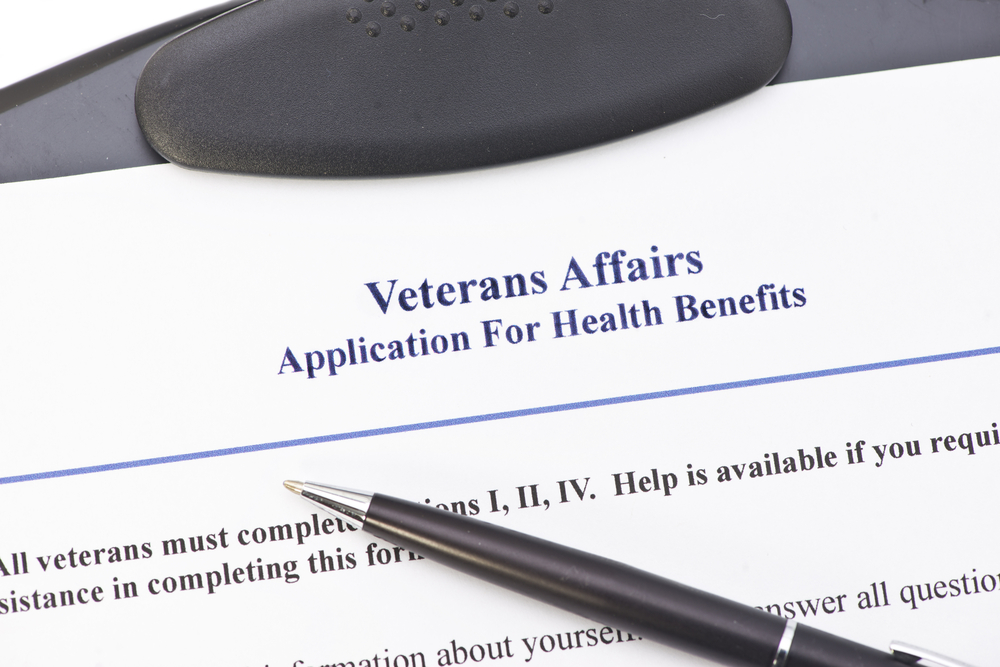Military veterans exposed to toxic water at Camp Lejeune have sought justice from the federal government for decades. The Camp Lejeune Justice Act (CLJA) was enacted last year, and it was a victory for victims who got sick after spending time at the North Carolina military base. People stationed at Camp Lejeune can now sue the government for their injuries associated with contaminated water. But delays have beset the process, and some veterans — many of whom are elderly and sick — are running out of time. In September, the U.S. Navy and Justice Department announced a Camp Lejeune Elective Option to speed up payments to toxic water victims. But how does the Camp Lejeune Elective Option (EO) payment affect VA benefits?
Camp Lejeune VA Benefits
The water at Camp Lejeune was filled with toxic chemicals harmful to human health, but military servicemembers and civilians had no idea. The people who worked and lived at the base when the water was contaminated are at a higher risk for Parkinson’s disease, aplastic anemia, and several types of cancer. Before the CLJA’s passing, veterans could only receive compensation from the government through the U.S. Department of Veterans Affairs (VA). Veterans can receive monthly disability payments over $4,000, depending on how many dependents they have and the severity of their injuries. They can also obtain free medical care for any health complication connected to military service. Veterans can apply for benefits online, via mail, or at an in-person office.
How the Elective Option Settlement Affects Benefits
There are pros and cons to the Camp Lejeune Elective Option. Some claimants may receive more money from a lawsuit settlement, but the Elective Option may appeal to veterans eager to receive compensation quickly. Accepting a Camp Lejeune EO settlement won’t affect a veteran’s health benefits through the VA. That means a veteran can receive a settlement through the elective option while receiving monthly disability payments and free healthcare for their Camp Lejeune-related injuries. Both the VA and the elective option have a list of conditions that qualify for Camp Lejeune care. To receive benefits from the government, a veteran must have one of the following conditions:
- Adult leukemia
- Aplastic anemia and other myelodysplastic syndromes
- Bladder cancer
- Kidney cancer
- Liver cancer
- Multiple myeloma
- Non-Hodgkin’s lymphoma
- Parkinson’s disease
Veterans must also have served at Camp Lejeune between August 1, 1953, and December 31, 1987, for at least 30 days, and they can’t have a dishonorable discharge on their record. The Camp Lejeune elective option has similar eligibility requirements, but the benefits differ considerably. Under the elective option, veterans can receive over $400,000 for their injuries.
The new plan allows the Navy to send out Camp Lejeune settlement offers more quickly. The amount offered is determined by the type of injury, how much data links the condition to the chemicals at Camp Lejeune, and how much time they spent at the base. Conditions sufficiently linked to water contaminants are in a “Tier 1” group, while illnesses with weaker ties are in the second tier.
Tier 1 qualifying conditions for the Camp Lejeune elective options are kidney cancer, liver cancer, non-Hodgkin’s lymphoma, leukemias, and bladder cancer. Multiple myeloma, Parkinson’s disease, kidney disease, and systemic sclerosis are tier 2 illnesses. Tier 1 claimants can receive up to $450,000, while Tier 2 claimants are eligible for $400,000 payments. While these compensation amounts may seem fair, some Camp Lejeune victims will likely get much more significant sums if they pursue a Camp Lejeune lawsuit.
Camp Lejeune Lawsuits and VA Benefits
While the Elective Option is entirely separate from VA benefits, Camp Lejeune lawsuits differ slightly. The Department of the Navy says that “payments to claimants under the Elective Option are not offset by past Department of Veterans Affairs disability benefits or medical care,” unlike a court award. Filing a lawsuit won’t affect your VA benefits or your eligibility. Still, if you receive a court award through the case, the amount may be reduced due to past disability payments. Choosing the EO means you’ll get the total sum regardless of what you’ve received. But some claimants will likely get more through a lawsuit, even after previous payments offset the award amount.
You can navigate the Camp Lejeune claims process without legal help, but hiring a Camp Lejeune lawyer is highly recommended. Your case is unique, and determining whether you should pursue the Elective Option or a lawsuit will depend on several factors. How long were you stationed at Camp Lejeune? What are the severity of your injuries, and how have they affected your daily life? Which conditions have you been diagnosed with, and how strong is the link between the illness and the chemicals at Camp Lejeune? An attorney will examine your case and help you determine the next best step.




